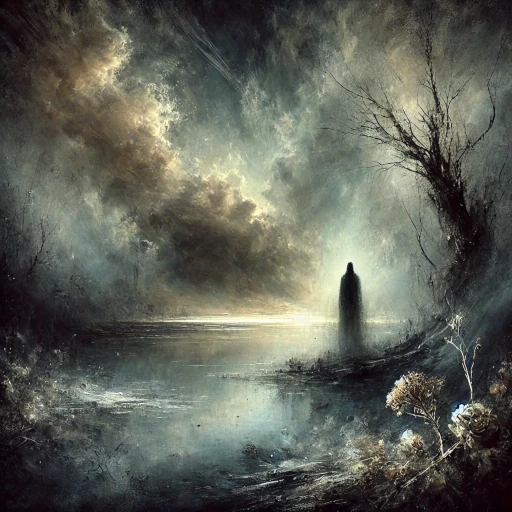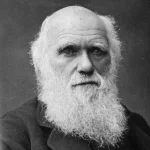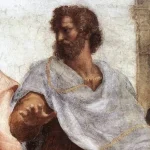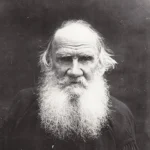“Man and animals are in reality vehicles and conduits of food, tombs of animals, hostels of Death, coverings that consume, deriving life by the death of others.”
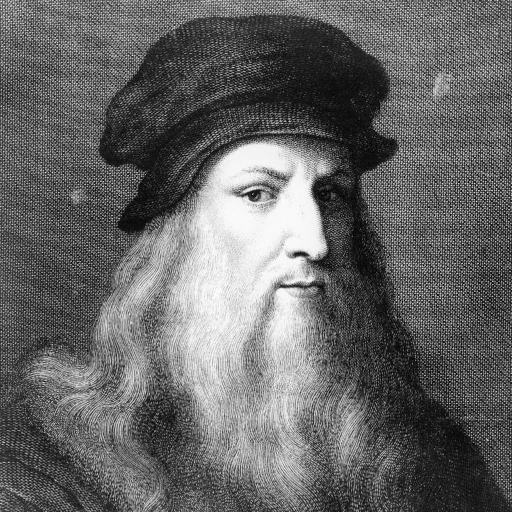
- April 15, 1452 – May 2, 1519
- Italian
- A versatile man (painter, sculptor, architect, inventor, scientist, etc.)
- He created many works of art, including the paintings “Mona Lisa” and “The Last Supper,” and also left behind many pioneering ideas in science and engineering, such as “blueprints for airplanes” and “anatomical studies.”
table of contents
Quote
“Man and animals are in reality vehicles and conduits of food, tombs of animals, hostels of Death, coverings that consume, deriving life by the death of others.”
Explanation
In this stark and philosophical quote, Leonardo da Vinci reflects on the interconnectedness of life and death in the natural world. He presents humans and animals as vessels—bodies that exist through the consumption of other life forms. According to Da Vinci, we are “tombs of animals”, meaning that the lives of other beings are sacrificed to sustain our own. We serve as “hostels of Death”, temporary shelters for life that ultimately consume and destroy. This profound observation underscores the cycle of life and death, where every living being sustains its own existence by taking the life of another, directly or indirectly.
Historically, this idea aligns with Renaissance thought that sought to examine life from a biological and philosophical standpoint. Renaissance thinkers, including Da Vinci, were deeply interested in the interdependence of life and the natural world, often contemplating the moral and ethical implications of life’s processes. Da Vinci’s scientific studies on anatomy and the cycles of nature reveal a deep understanding of the fragility of life and the inevitable consumption that sustains it.
In the modern context, Da Vinci’s insight serves as a reminder of the interconnectedness of all living things. It encourages reflection on the ethical implications of how humans, as part of the natural food chain, rely on the death of other organisms for their survival. This awareness is particularly relevant today in discussions surrounding sustainability, animal rights, and environmental ethics, where humans are challenged to find ways to live in harmony with nature while acknowledging our role in the web of life and death. Da Vinci’s perspective invites us to contemplate our place in the broader cycle of existence, recognizing the delicate balance between life and death that shapes all living things.
